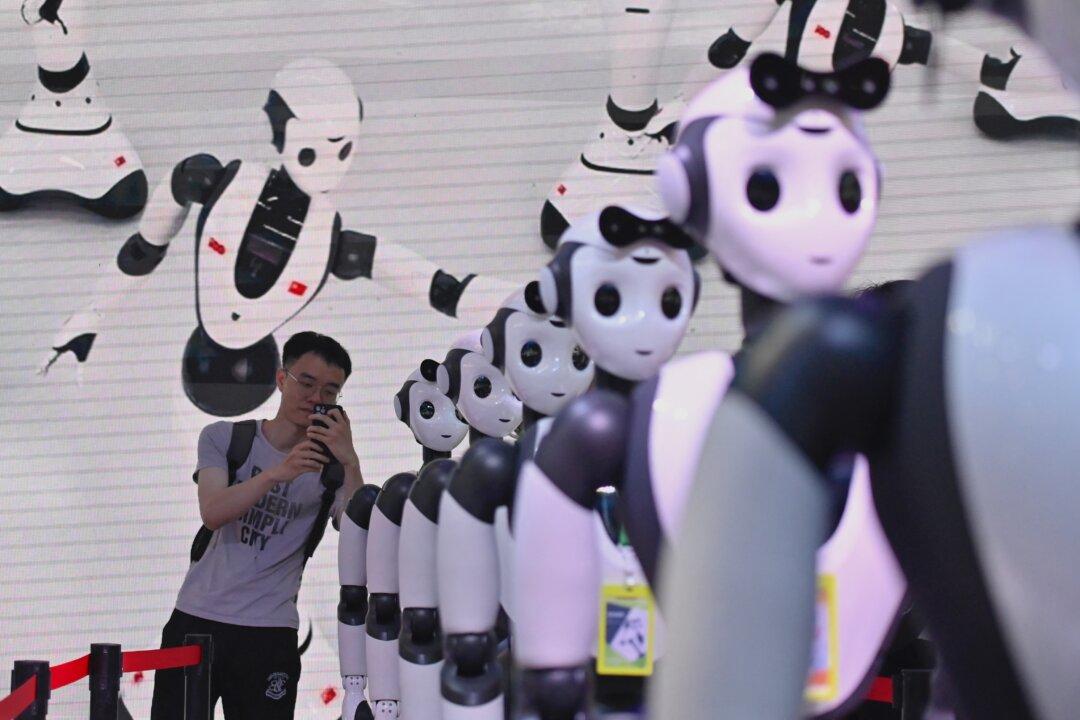Artificial intelligence will be integrated into our lives in 2024 as part of a “new AI normal,” leaders at the CSIRO National Artificial Intelligence Centre predict.
The Commonwealth Scientific and Industrial Research Organisation joined a global chorus of leaders who have been touting the rise of AI in the future.





